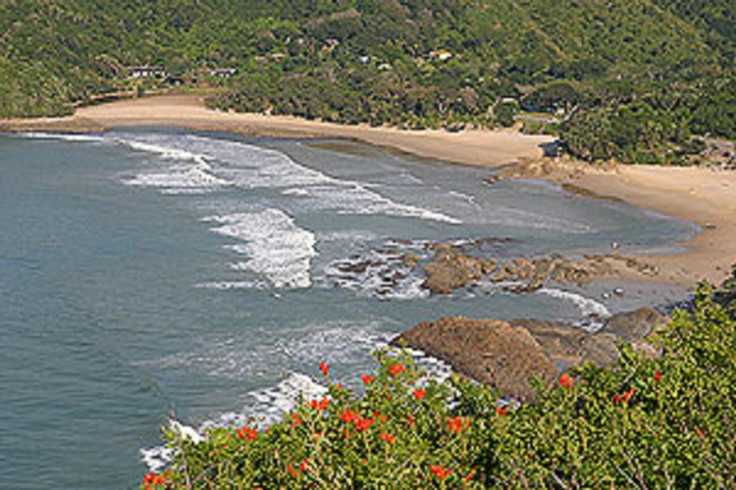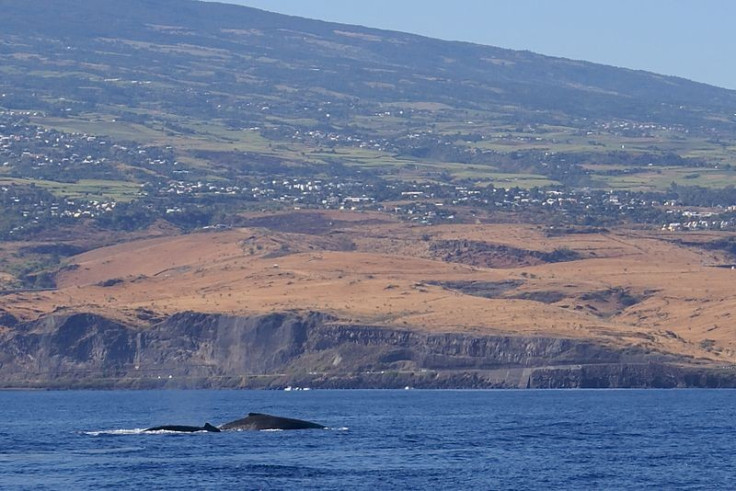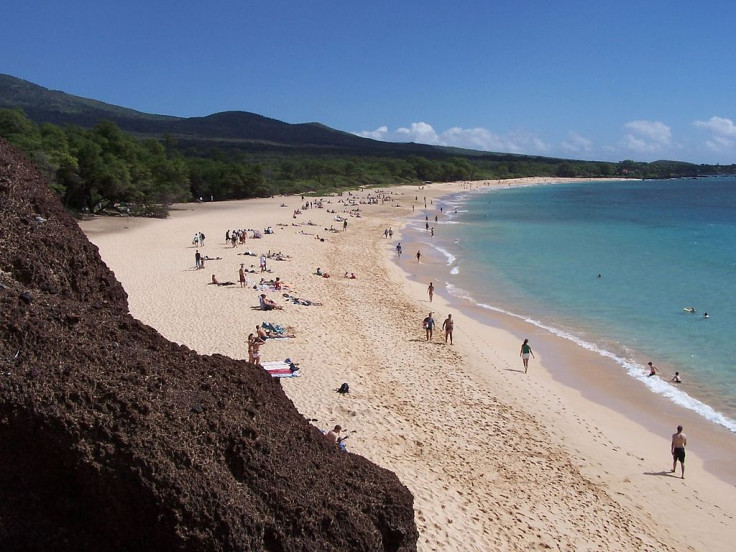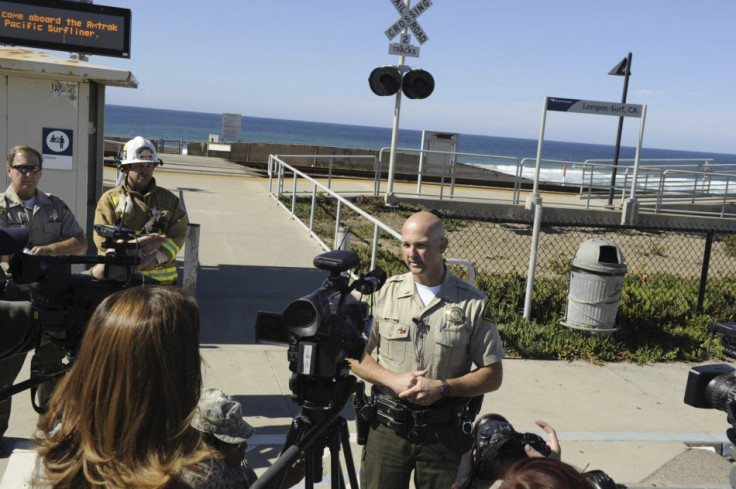The world's most dangerous beaches for shark attacks
Don't swim before you read this...

A 72-year-old Austrian tourist was killed in a fatal shark attack over the weekend, becoming the eighth person to be killed at the Second Beach in Port St John's, South Africa, in five years.
The unnamed victim was attacked by a bull shark. He was thought to have floated for around half-an-hour before being taken to shore.
Catherine Yazbek, a local guesthouse owner, said the man was part of a group and that they were not far out to sea. "It was the worst I have ever seen. It looked like there were a number of sharks that had attacked him and a large part of his body below the waist had gone. It definitely wasn't a one-off bite."
Surprisingly, swimmers quickly started to return to the sea. Onlooker Michael Gatke said: "It's incredible. People were there in the waist-deep water, swimming, while the body was still being taken out of the water."
Following his death, Second Beach was named the deadliest in the world for shark attacks. IBTimes UK looks at the top five beaches to steer clear of, if you worry about being eaten alive.
Second Beach in Port St John's, South Africa

As mentioned, Second Beach has seen eight fatalities in just five years. According to the Telegraph, the average fatality rate on South Africa beaches is one death every five years. Globally, no other beach has had as many fatal shark attacks in the last 10 years.
Most of the attacks are blamed on bull sharks, which are found in warm, shallow waters along coasts and in rivers. They can grow up to eight feet long and are known for their aggressive nature. The bull shark is known to use the bump and bite technique to attack prey, and tends to bite them until they are unable to escape.
Recife beach, Brazil

Recife beach in Brazil is a popular tourist destination attracting thousands every year. It is known as one of the most shark-infested coastal waters in the world and there are numerous signs warning swimmers of the dangers.
Like Second Beach, most of the attacks are carried out by bull sharks. Last year, teenager Bruna Gobbi's fatal attack was caught on film. Graphic footage showed the 18-year-old swimming, before being dragged underwater as the water turns red. She became the 57<sup>th person to be attacked off Recife in the last 20 years. Of these, 22 attacks were fatal.
Reunion Island, Indian Ocean

Reunion Island in the Indian Ocean has some of the most deadly waters in the world. There have been 10 shark attacks there in the last two years, three of which have been fatal, theinertia.com reports.
The government recently issued a ban on surfing on the island because of the high rates of shark attacks. Some locals say the rise in attacks is due to a recently established marine reserve, which attracts predators to the area.
Last year a teenage girl was killed off the coast of Reunion Island just metres from the resort beach. The 15-year-old had been snorkelling when the shark attacked her and swam away with her remains.
Makena beach, Maui

Makena beach in Maui is particularly dangerous for swimmers and surfers because of the breed of shark that frequents the waters – tiger sharks. Tiger sharks pose a greater risk to humans because they hunt in shallower waters near the surface. Also their huge size (up to 16ft) means they will swallow pretty much anything and are not picky eaters, making people potential prey.
Last year there were two fatalities off Maneka – a German snorkeler and a kayak fisherman. The Department of Land and Natural Resources said the kayaker was the 13th shark attack in Hawaii that year and 8<sup>th on Maui, well above the state's average of four attacks per year.
Surf Beach, California, US

Surf Beach is called so for the high numbers of surfers who visit its waters. However, so too do hundreds of seals, making it the perfect hunting ground for sharks. The most commonly spotted sharks off the coast are Great Whites, who have a particular fondness for seal.
There have been two fatalities in recent memory on Surf Beach. In 2010, 19-year-old student Lucas Ransom's died after his leg was bitten off by a Great White while boogie boarding. His friend who saw the attack said the shark could have been up to 20ft long. Two years later, Francisco Solorio Jr, 39, was killed while surfing after a shark attacked him. He was pulled to shore by friends but he died at the scene after receiving a bite to his upper torso.
© Copyright IBTimes 2025. All rights reserved.




















